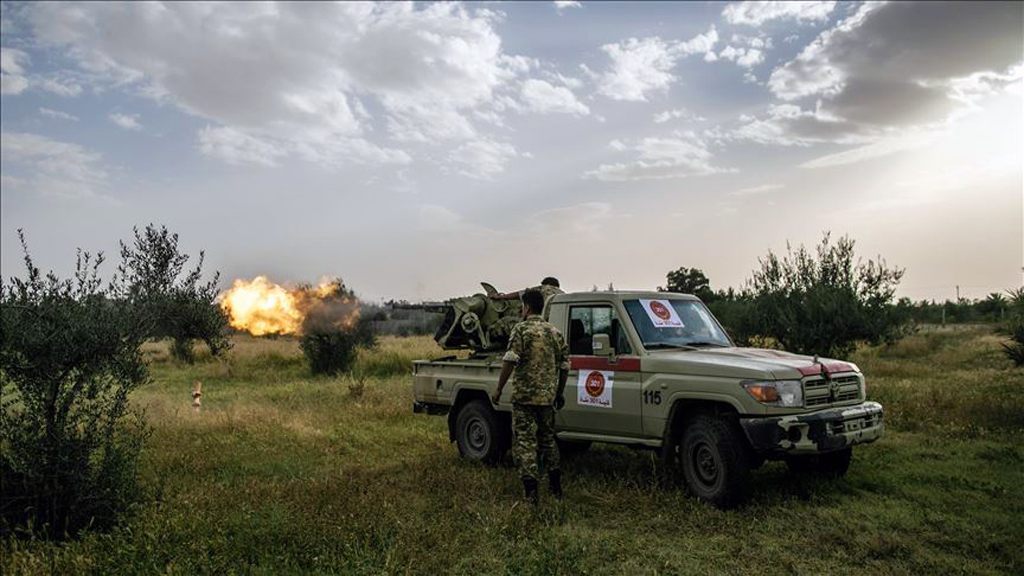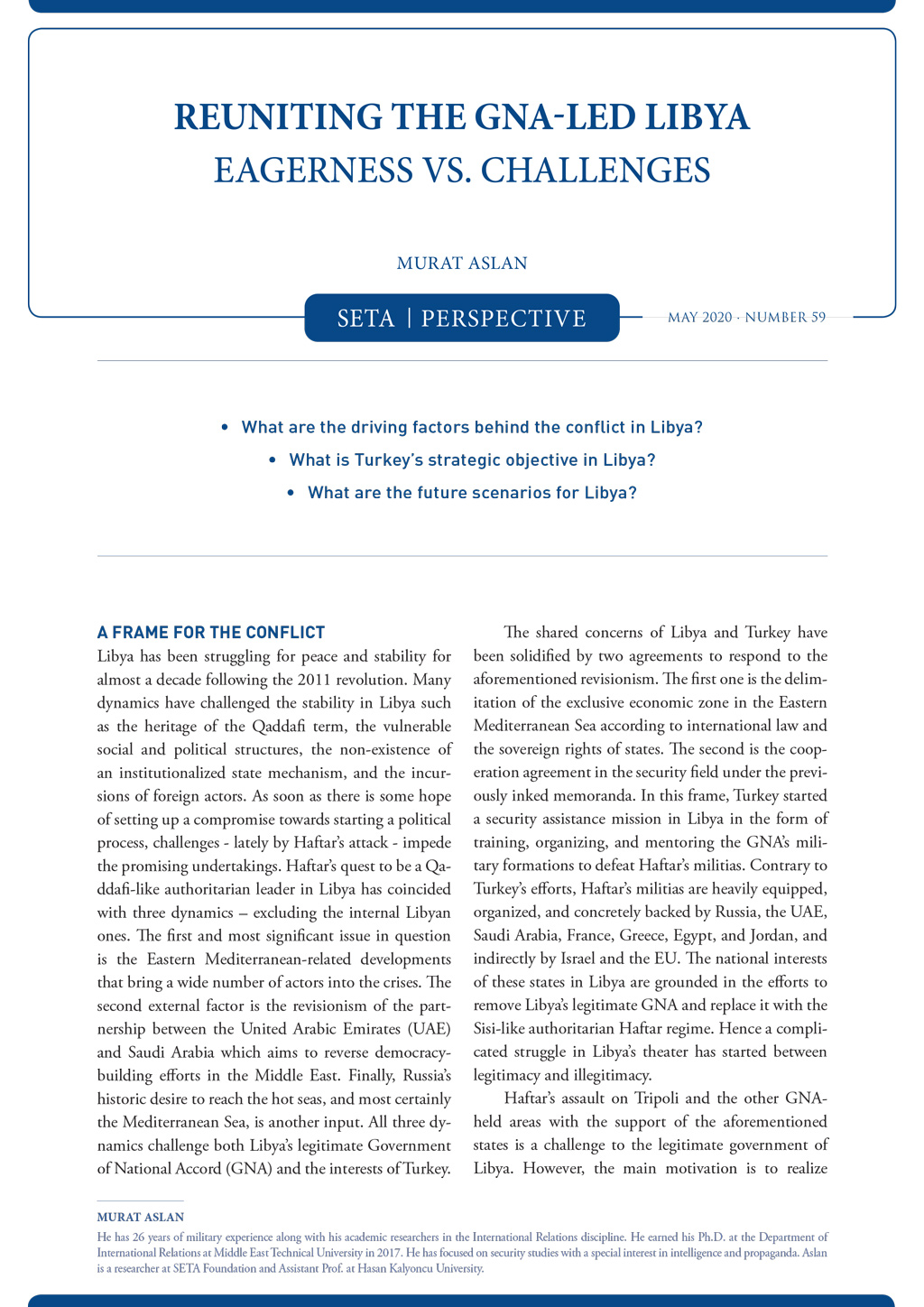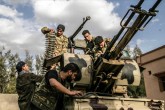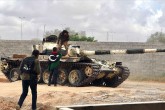A FRAME FOR THE CONFLICT
Libya has been struggling for peace and stability for almost a decade following the 2011 revolution. Many dynamics have challenged the stability in Libya such as the heritage of the Qaddafi term, the vulnerable social and political structures, the non-existence of an institutionalized state mechanism, and the incursions of foreign actors. As soon as there is some hope of setting up a compromise towards starting a political process, challenges – lately by Haftar’s attack – impede the promising undertakings. Haftar’s quest to be a Qaddafi-like authoritarian leader in Libya has coincided with three dynamics – excluding the internal Libyan ones. The first and most significant issue in question is the Eastern Mediterranean-related developments that bring a wide number of actors into the crises. The second external factor is the revisionism of the partnership between the United Arabic Emirates (UAE) and Saudi Arabia which aims to reverse democracybuilding efforts in the Middle East. Finally, Russia’s historic desire to reach the hot seas, and most certainly the Mediterranean Sea, is another input. All three dynamics challenge both Libya’s legitimate Government of National Accord (GNA) and the interests of Turkey.
The shared concerns of Libya and Turkey have been solidified by two agreements to respond to the aforementioned revisionism. The first one is the delimitation of the exclusive economic zone in the Eastern Mediterranean Sea according to international law and the sovereign rights of states. The second is the cooperation agreement in the security field under the previously inked memoranda. In this frame, Turkey started a security assistance mission in Libya in the form of training, organizing, and mentoring the GNA’s military formations to defeat Haftar’s militias. Contrary to Turkey’s efforts, Haftar’s militias are heavily equipped, organized, and concretely backed by Russia, the UAE, Saudi Arabia, France, Greece, Egypt, and Jordan, and indirectly by Israel and the EU. The national interests of these states in Libya are grounded in the efforts to remove Libya’s legitimate GNA and replace it with the Sisi-like authoritarian Haftar regime. Hence a complicated struggle in Libya’s theater has started between legitimacy and illegitimacy. Haftar’s assault on Tripoli and the other GNAheld areas with the support of the aforementioned states is a challenge to the legitimate government of Libya. However, the main motivation is to realize..
In this article
- Foreign Policy
- Perspective
- Security
- Eastern Mediterranean
- Exclusive Economic Zone (EEZ)
- France
- Global Actors | Local Actors
- Greece
- International Law
- Israel
- Khalifa Haftar
- Libya
- Libyan Crisis
- Libyan Government of National Accord (GNA)
- Mediterranean
- Middle East
- Russia
- SETA
- SETA PDF
- SETA Perspective
- United Arab Emirates (UAE)




